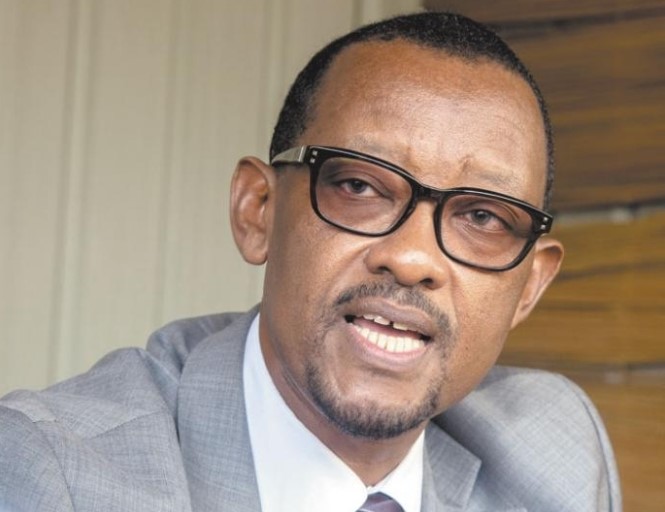Executive Secretary, African Ministers’ Council on Water (AMCOW), Dr Canisius Kanangire, has advocated for a “Pan-African approach” for the development of a sustainable sanitation policy in the region.

Kanangire said on Friday, June 19, 2020 that access to adequate sanitation was a fundamental human right, with a third of African citizens still living without access to adequate sanitation facilities.
This, he noted, has a detrimental impact on the health, prospects and quality of life of people all over the continent, adding that by failing to provide such facilities, Africa is neglecting to preserve human dignity.
According to him, the creation of an enabling environment within the African Union is a clear goal, allowing the opportunity where some countries will learn from their peers.
“In Africa, like elsewhere in the world, there are countries who progress better than others, so a pan-African approach is required to enable us to learn from one another.
“Too often, we have seen sanitation pushed aside, not receiving the attention it deserves, At the African Ministers’ Council on Water (AMCOW), we are seeking to change this.
“We believe that we have the responsibility to effectively and efficiently coordinate action between key water and sanitation players, facilitate the strengthening of regional cooperation and development, and build the capacity of relevant institutions and agencies.”
Kanangire called on regional institutions and sanitation experts from across the continent to work with the council as they understood their countries’ specific challenges.
He noted that, as a continent, Africa was developing quickly, saying urbanisation and rapid population growth can easily leave sanitation trailing behind.
“When we speak about the problems surrounding Africa’s sanitation, there are many. In many instances, countries do not know where to begin or how to implement an inclusive national policy.
“Yet, in order to grow and move with the continent, we must move fast, shared resources and partnerships with regional institutions are just two of the key strategies to do this.”
Kanangire recalled that when AMCOW was created in 2002, the mandate was to provide political leadership and policy directions and to carry out advocacy for sustainable development of water resources and sanitation in Africa.
He said AMCOW had spent many years working in, and demanding change in, the Water Sanitation and Hygiene (WASH) sector, saying the development of the African Sanitation Policy Guidelines (ASPG) was a monumental achievement, and an important step for Africa.
“Building effective sanitation policies in a changing environment is a daunting prospect, so the ASPG provides a starting point to be tailored and adjusted by national governments with the support of regional institutions and sanitation experts.
“For the policy guidelines to be successful, we must be trusted not only by member states, but also by implementing partners across the continent, and development partners outside.
“When I became Executive Secretary of AMCOW in 2016, I made it my personal mission to ensure more ministers discussed water and sanitation openly.
“Improving access to safely managed sanitation in Africa does not just call for an increase in collaboration; it demands it, from sanitation experts to regional organisations, all should be involved in this process,” Kanangire noted.
By Tosin Kolade
